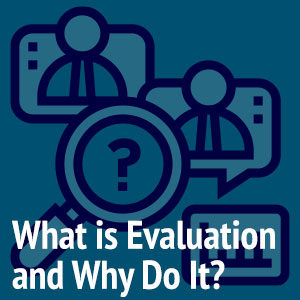In a recent New York Times article, “Why You Hate Work”
Tony Schwartz and Christin Porath discuss why employees’ experience of work has increasingly become an experience of depletion and “burnout.” The factors are many, including: 1) demands on employee time that far exceed employee capacity to meet demands; 2) a leaner and less populous workforce, and therefore more work distributed to fewer workers; and 3) technology-driven expectations for immediate response to requests for employees’ attention and commitment (think here of answering e-mails at 1:00 AM). The authors cite both national and international studies that indicate that workers at all levels of various kinds of organizations feel less engaged, less satisfied, and less fulfilled by their experience at work. Schwartz and Porath argue however, that when companies better address the physical, mental, emotional, and spiritual dimensions of their workers, they not only produce more engaged and fulfilled workers, but more productive and profitable organizations. Organizations can begin to do this by instituting simple changes like mandating meetings that last no longer than 90 minutes; rewarding managers that display empathy, care, and humility; and providing regular and frequent breaks so that employees can ‘recharge ‘and work more creatively. Successful companies provide opportunities for employee renewal, focus, emotional support, and sense of purpose. When companies provide such opportunities, companies, investors, and employees benefit.
How might program evaluation add to non-profit organizations’ efforts to create what Schwartz and Porath call “truly human-centered organizations” (which) put their people first….because they recognize that they are the key to creating long-term value.” While program evaluation, alone, cannot prevent employee burnout, timely and well-designed formative evaluations can add to non-profit organizations’ capacities to implement effective programming by providing insight into the unintended features of programs that often ‘get in the way’ of staff (and program participants’) sense of efficacy and purposefulness. By conducting formative evaluations—evaluations that focus on program strengthening and effectiveness-maximization— program evaluation can help organizations and funders to create programs in which staff and participants don’t have to “spin their wheels,” i.e., programs where both staff and participants can achieve a greater sense of effectiveness, purpose, and satisfaction.
Because Brad Rose Consulting, Inc. often works at the intersection of program evaluation and organization development (OD), we work with clients to collect data, understand the characteristics of programs, and provide evidence-based insights into how programs, and the organizations that support them, can become maximally effective. We make concrete recommendations that help our clients adjust their modes of operation and thereby increase staff engagement and better serve their participants/clients. While the latter are the reason programs exist, the former are often the under-recognized key to programs’ success. To learn more about our adaptive approach to program evaluation visit our Impact & Assessment reporting page.




